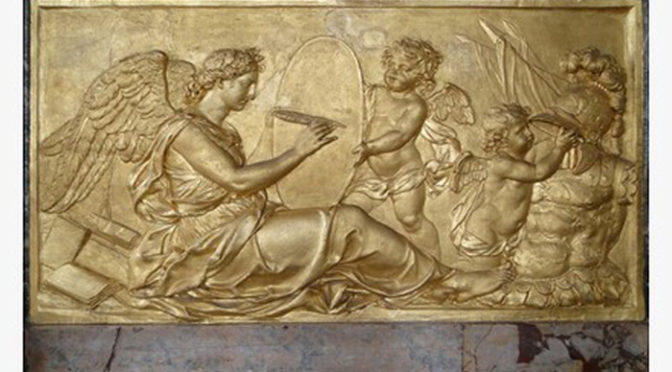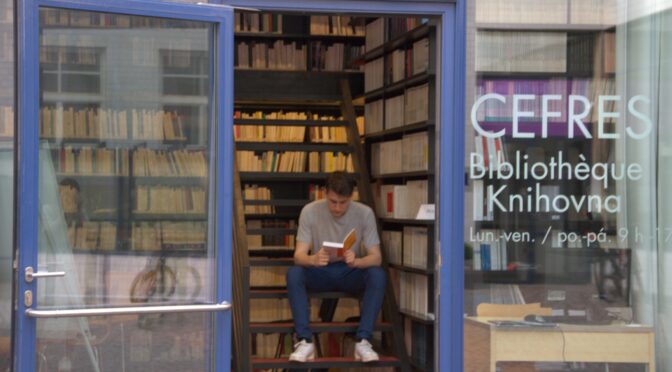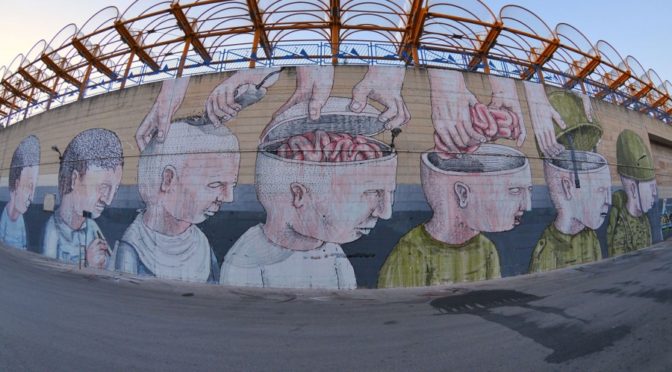Narrer l’Histoire. Récits, disciplines, regards croisés
XXème Université Européenne d’Été (UEE) du réseau OFFRES (Organisation francophone pour la formation et la recherche européennes en sciences humaines)
Organisateurs : Université Charles de Prague, Université Catholique de Lyon, CEFRES
Date : 5-9 juillet 2021
Lieu : en ligne
Comité scientifique :
Pour le réseau OFFRES : Chiara Mengozzi, Chiara Pesaresi
Pour le CEFRES : Jérôme Heurtaux
Bien que, contrairement aux années précédentes, cette édition se déroule en ligne, les activités comprennent, comme lors des précédentes éditions de l’UEE, des conférences plénières (le matin) et des ateliers thématiques (l’après-midi). Chaque conférence, d’une durée de 30 min., sera suivie d’une discussion avec la salle d’environ 20 minutes. Quant aux ateliers thématiques, les responsables d’ateliers prendront contact avec les participants quelques semaines avant le début de l’UEE, et pourront les réunir pour préciser les modalités de déroulement de l’atelier et pour entamer le travail sur les textes et matériels choisis. Ce travail préparatoire et la mise en commun pendant les trois jours d’atelier aboutirons à la présentation finale des résultats et éventuellement à la rédaction d’un texte qui sera mis en ligne sur le site du réseaux OFFRES.
Les ateliers se tiennent en parallèle sur toute la durée de l’UEE et se déroulent en cinq séances réparties comme suit (proposition non contraignante) :
- 3 séances de travail en équipe (5-7 juillet) ;
- 1 séance de rédaction en commun (8 juillet) ;
- 1 séance plénière de présentation des résultats des ateliers (9 juillet).
Liste des ateliers
Voir ici les argumentaires détaillés et les bibliographies des ateliers.
ATELIER N° 1 – Régimes politiques hybrides. L’histoire récente des démocraties autoritaires
Responsables d’atelier :
Diana Margarit (Université Alexandru Ioan Cuza de Iasi)
Corneliu Bilba (Université Alexandru Ioan Cuza de Iasi)
ATELIER N° 2 – Quand les idées philosophiques rencontrent les récits historiques
Responsables de l’atelier :
Michal Kozlowski (Université de Varsovie)
Radmila Jovanovic Kozlowski (Université de Zagreb)
ATELIER N° 3 – Science-fiction et conflits sociaux : altérité, marginalisation, dynamiques intersectionnelles
Responsable d’atelier :
Daniele Comberiati (Université Paul-Valéry Montpellier 3)
ATELIER N° 4 – Histoire et Pop culture : des relations en mutation, une ambiguïté cultivée
Responsables d’atelier :
Pierre-Guillaume Paris
Thomas Vogel
ATELIER N° 5 – Les pirates ont-ils une histoire ? Faire et défaire l’histoire (politique) à partir des marges… liquides
Responsables d’atelier :
Momchil Hristov (Sofia)
Orgest Azizaj (Tirana/Paris)
Voir l’argumentaire scientifique de l’école d’été ici.






